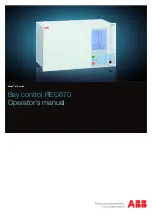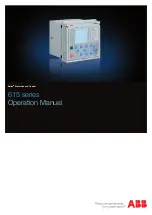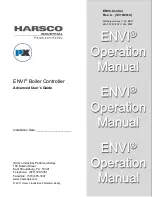
9-11
ATM Switch Router Software Configuration Guide
OL-7396-01
Chapter 9
Configuring Resource Management
Configuring Global Resource Management
PVC Connection Traffic Rows
The CTT in a permanent virtual channel (PVC) setup requires storing PVC traffic values in a CTT data
structure. Rows used for PVCs are called stable rows, and contain traffic parameters.
SVC Connection Traffic Rows
The CTT in a switched virtual channel (SVC) setup provides a row identifier that Simple Network
Management Protocol (SNMP) or the user interface can use to read or display SVC traffic parameters.
A CTT row index is stored in the connection-leg data structure for each flow of the connection.
Note
Rows cannot be deleted while in use by a connection.
CTT Row Allocations and Defaults
To make CTT management software more efficient, the CTT row-index space is split into rows allocated
as a result of signalling and rows allocated from the command-line interface (CLI) and SNMP.
Table 9-5
describes the row-index range for both.
Table 9-6
describes the well-known, predefined ATM CTT rows.
Table 9-5
CTT Row-Index Allocation
Allocated by
Row-index range
ATOMMIB Traffic Descriptor Table or CLI
connection-traffic-table-row creation
1 through 1,073,741,823
Signalling VxL creation
1,073,741,824 through 2,147,483,647
Table 9-6
Default ATM Connection Traffic Table Rows
CTT Row
Index
Service
Category
Peak-Cell-Rate
(clp01)
Sustained-
Cell-Rate
(clp01)
Tolerance
Use
1
UBR
7,113,539
—
None
Default PVP/PVC row
index
2
CBR
424 kbps
—
None
CBR tunnel well-known
(WK) VCs
3
VBR-RT
424 kbps
424 kbps
50
Physical
interface/VBR-RT WK
VCs
4
VBR-NRT 424 kbps
424 kbps
50
VBR-NRT tunnel WK VCs
5
ABR
424 kbps
—
None
—
6
UBR
424 kbps
—
None
UBR tunnel WK VCs
















































